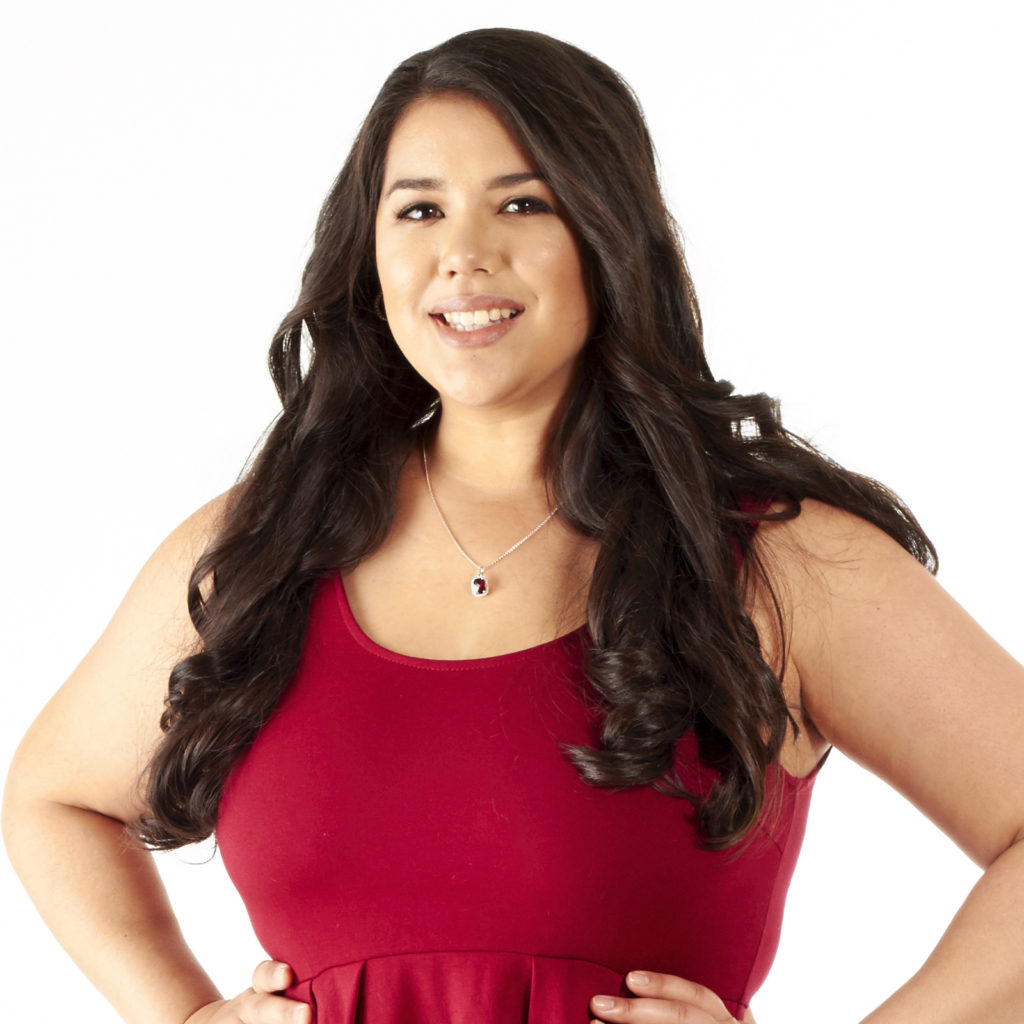What does it mean to not take responsibility for other people’s feelings?
Especially when they are pointing the finger at you, because you made them feel a certain way based on something you said or did?
It really just means a few things:
- That you believe in them and their ability to handle you bringing your full self to the conversation—you don’t need to censor yourself, you don’t need to treat them with kiddie gloves
- That you trust them to emotionally regulate themselves without getting involved or falling into a parent-child relationship with them
- That you put them in charge of their own feelings—they get to process them and they get to take responsibility for their actions while processing them
It also means that you set emotional boundaries within yourself:
- That you know your intentions—Were they to harm another? Were they to convince or persuade or cajole? Were you trying to get something from this person? (These are all for your to work through, regardless of the person’s reaction)
- That you know your source of truth—not this other person, but yourself and (if relevant) your Higher Power (God, the universe, source, whomever)
- That you let go of any responsibility for this person’s feelings (their feelings are their responsibility) which usually means working through any of your own trauma around shame (which also comes up as blame and guilt) or, if it’s not shame, looking at the five other core wounds: betrayal, rejection, control, abandonment, or injustice to see which fits
If you get into a situation where you need emotional boundaries, there is absolutely work for you to do—but many of us fall into the wrong work and instead believe that our trauma response—fight, flight, freeze, or fawn—is the work we need to be doing. But the real work is setting the emotional boundary, which usually means:
- Checking in with ourselves about why we said what we said to make sure that our intentions are sound (and if not, that’s okay—just something to work through)
- Figuring out why we feel any responsibility for the other person’s emotions, which is usually due to trauma/wounding that again, we are able to work through
- Fighting the urge to react from a place of trauma; instead, choosing to go within and heal the trauma/wounding that is coming up, then respond
A few more important notes about this process:
- It’s okay to mess it up—and you’re absolutely going to…The good news is you get to be human! You don’t have to be perfect or do it well, and your efforts to do this will look messy for a while
- This is absolutely not a license to say anything you want or make personal attacks against others with no consequences—that is a completely separate thing that I do not condone at all, and it’s definitely something you want to check in with yourself about regularly
- While I’m a believer that you should always at least do the work of setting emotional boundaries, it doesn’t necessarily mean you need to communicate those back or continue to have a relationship with the person—relationships are earned through trust and desire of both parties to make repairs in the case of a break
- A lot of people claim to have emotional boundaries when all they really have is a trauma response (usually flight or fawn); the value of doing this work is that emotional boundaries give you actual peace, while trauma responses merely give you numbness to your emotions
This process have been incredibly valuable to me over the years, and I get better at it with practice.
It’s not easy being a human, but I am so glad that I have these incredible tools with which to not only be a better human, but be better to other humans, too!


This article is so excellent on this topic, that I’m a therapist and will be sharing it with my clients!
That is such high praise coming from you, and I really appreciate your thoughts on this! <3 Thank you so much.